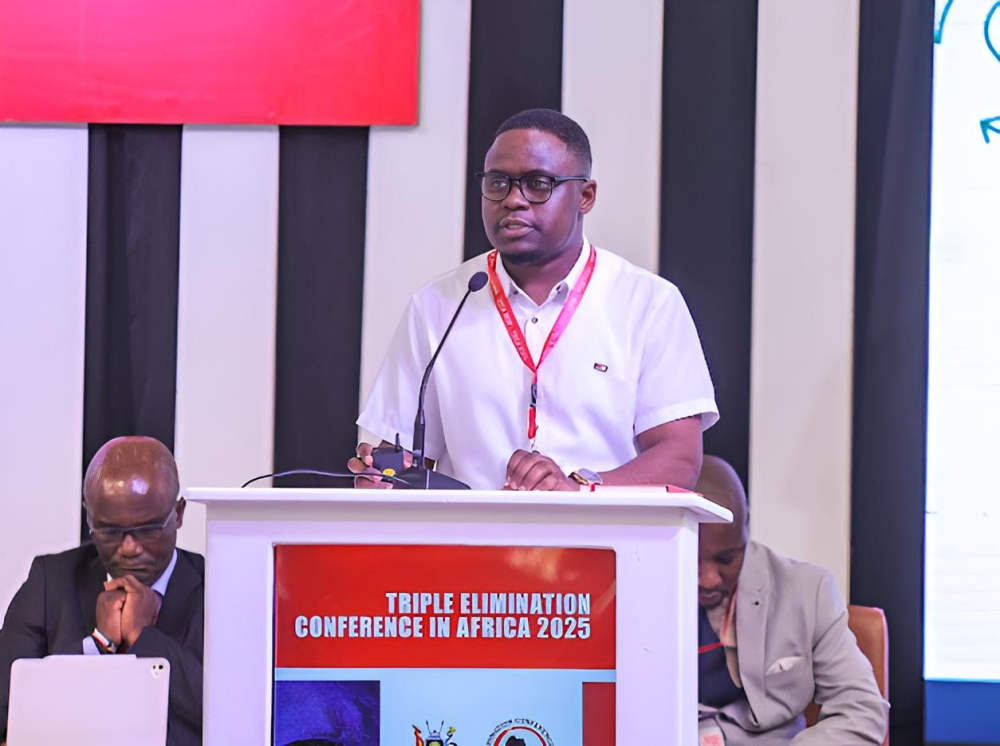OBSERVERS AND ANALYSTS showed mixed viewpoints over the ability of Sudan and South Sudan to enforce the recently reached deal on the implementation of previously-signed agreements and overcome outstanding issues, which still constitute barriers before normalization of bilateral ties.

OBSERVERS AND ANALYSTS showed mixed viewpoints over the ability of Sudan and South Sudan to enforce the recently reached deal on the implementation of previously-signed agreements and overcome outstanding issues, which still constitute barriers before normalization of bilateral ties.Sudan and South Sudan signed a matrix on March 8 in the Ethiopian capital of Addis Ababa to implement a previously signed security arrangement deal, which stipulates an immediate withdrawal of forces from the joint borders from March 14 to March 21 along with establishing a safe demilitarized zone between the two countries.On Sunday the two sides started withdrawing their forces from the joint border prior to establish a safe demilitarized zone as a practical step toward the implementation of the signed agreements.In this respect, Sudanese observers and political analysts believed that the new agreements constituted an important move toward the settlement of the outstanding issues between the two sides. However, they also expressed fear that the agreed understandings could be collapsed if the two sides failed to fully implement the articles of those agreements."There is a balance in the recent agreement signed between Sudan and South Sudan on the implementation of the cooperation agreement. This balance is embodied in the new good and bad possibilities regarding the implementation of the agreement,” Meki Al-Meghrabi, a Sudanese political analyst, told Xinhua.He noted that "as for the good possibilities, they are represented in the two parties’ seriousness and their call for the implementation of the agreements to reach peace between the two sides.”He went on saying that "as for the bad possibilities, they are also represented in the Abyei issue, which if not solved, the implementation of the agreements could not be guaranteed, mainly the issue of Abyei, the most important issue that stands as a barrier before the two countries.”He stressed that the Abyei issue should be resolved in order to ensure the implementation of the agreements.Meanwhile, Rabie Abdul-Atti, a leading member of the ruling National Congress Party (NCP), is more optimistic regarding the new agreements between Sudan and South Sudan."The recent agreement that has been reached between Sudan and South Sudan on timetable for the implementation of a package of the cooperation agreement represents the real guarantee for peace and stability between the two countries,” Abdul-Atti told Xinhua.He reiterated that the two sides maintained the necessary political will to implement the agreements."The signed agreements have no way but to endure because the two sides have expressed willingness and seriousness to implement them and because the implementation of the agreements will lead to the settlement of all the outstanding issues and ensure the resolution of the economic aspects and the peaceful co-existence between the two sides,” he added.In the meantime, Pagan Amum, South Sudan’s chief negotiator, said that South Sudanese President Salva Kiir and Juba government were willing to open a new page with Sudan and enhance the cooperation between them despite the bitterness of the past, local Sudanese media reported on Thursday.The matrix deal also included other issues relating to border demarcation, economic issues along with a host of issues relating to oil and commerce. But the agreements did not tackle the issue of Abyei.The affiliation of the oil-rich area of Abyei on Sudan and Sudan-South borders is claimed by both countries.A referendum was scheduled to be held in Abyei to decide the fate of the area coincident with the referendum on self- determination for South Sudan in January 2011, which resulted in the separation between the north and the south.However, the voting did not take place due to differences over who has the right to vote.




